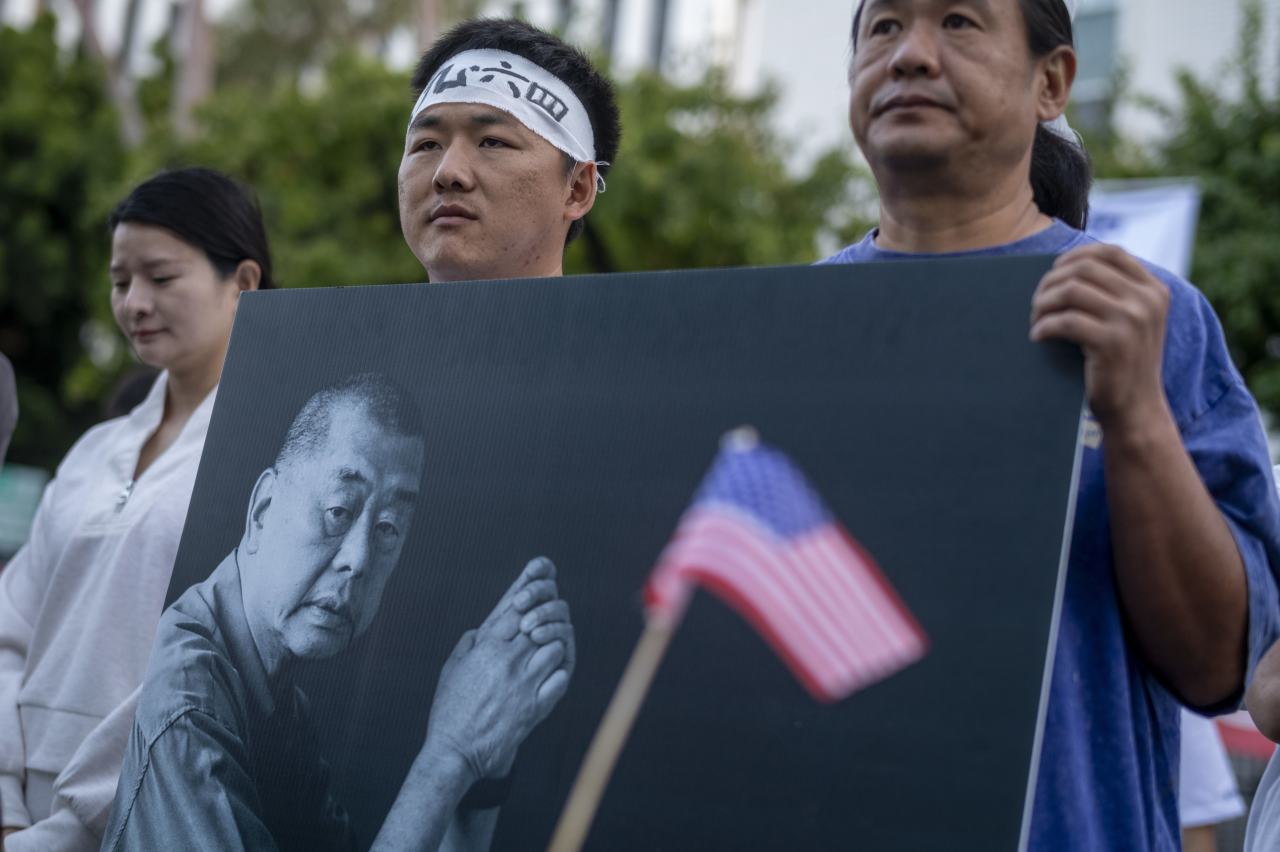The ongoing detention of Jimmy Lai, a prominent Hong Kong publisher, has raised significant concerns about the region’s legal landscape and its implications for freedom of expression. Lai, who is currently 77 years old, remains imprisoned as he faces serious charges under the controversial National Security Law enacted in 2020. This situation not only affects Lai personally but also poses a growing threat to Hong Kong’s and China’s international reputation.
Lai is the founder of Apple Daily, a newspaper known for its critical stance against the Chinese government. His prosecution serves as a focal point in the broader debate over civil liberties in Hong Kong, a city that has seen increasing restrictions on freedom of speech and press. The international community has been closely monitoring these developments, emphasizing the need for a fair legal process and the protection of human rights.
The implications of Lai’s case extend beyond his individual circumstances. Observers argue that the prosecution could further alienate Hong Kong from its traditional allies, particularly in the West. The European Union and United States have both condemned the use of the National Security Law to silence dissent, urging the Hong Kong government to reassess its approach. As a result, the situation has become a litmus test for the region’s commitment to its international obligations regarding human rights.
Amid the ongoing trial, Lai’s supporters have rallied for his release, highlighting the importance of press freedom in a democratic society. The case has sparked protests and discussions about the future of journalism in Hong Kong. Many fear that the outcome could set a precedent for how dissent is managed in the city, potentially leading to further crackdowns on media outlets.
Hong Kong’s government has defended its actions, claiming that the prosecution is necessary to maintain national security. Yet, critics argue that such measures threaten the core principles that once defined the city as a bastion of free speech. The case of Jimmy Lai exemplifies the delicate balance between security and civil liberties, a challenge that many nations face today.
As Lai continues to navigate the complexities of his legal battle, the situation serves as a reminder of the potential consequences of political dissent in Hong Kong. The international community remains vigilant, advocating for a resolution that respects both the rule of law and fundamental human rights.
Moving forward, it is essential for Hong Kong to seek a path that preserves its global standing while addressing its internal challenges. The world is watching, and how the city responds to the pressures surrounding Lai’s case may well shape its future trajectory in the years to come.
